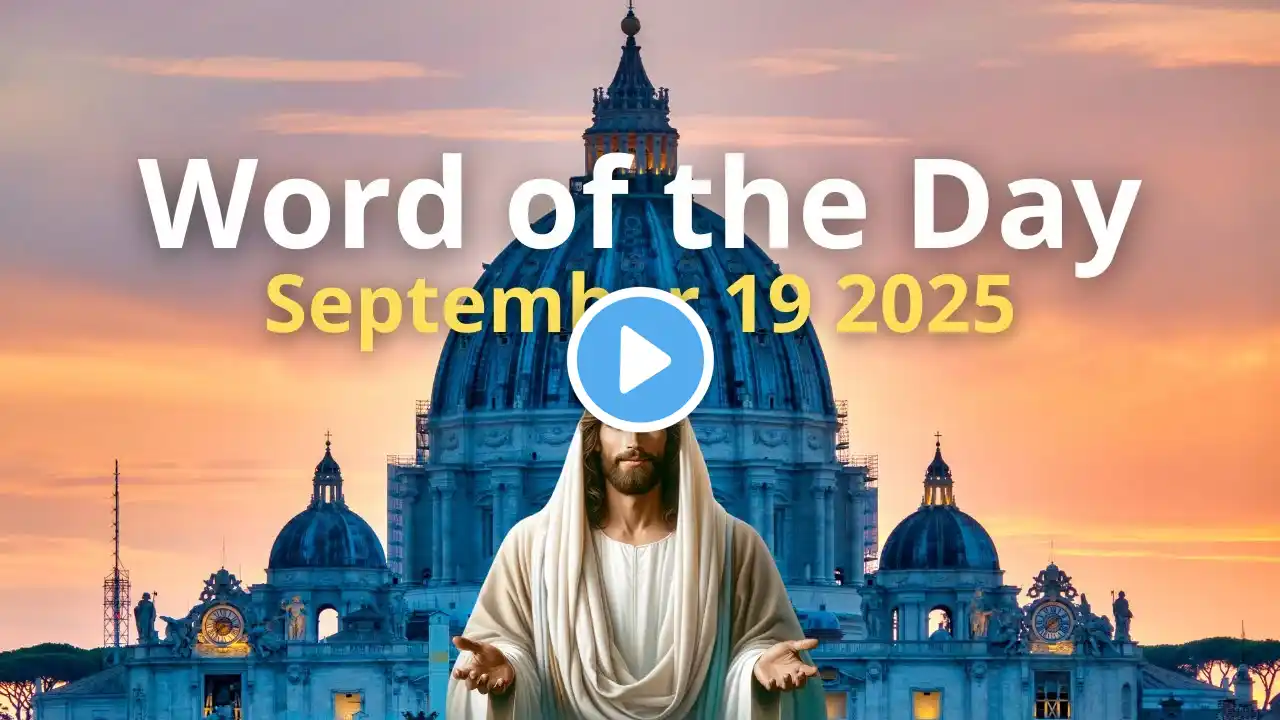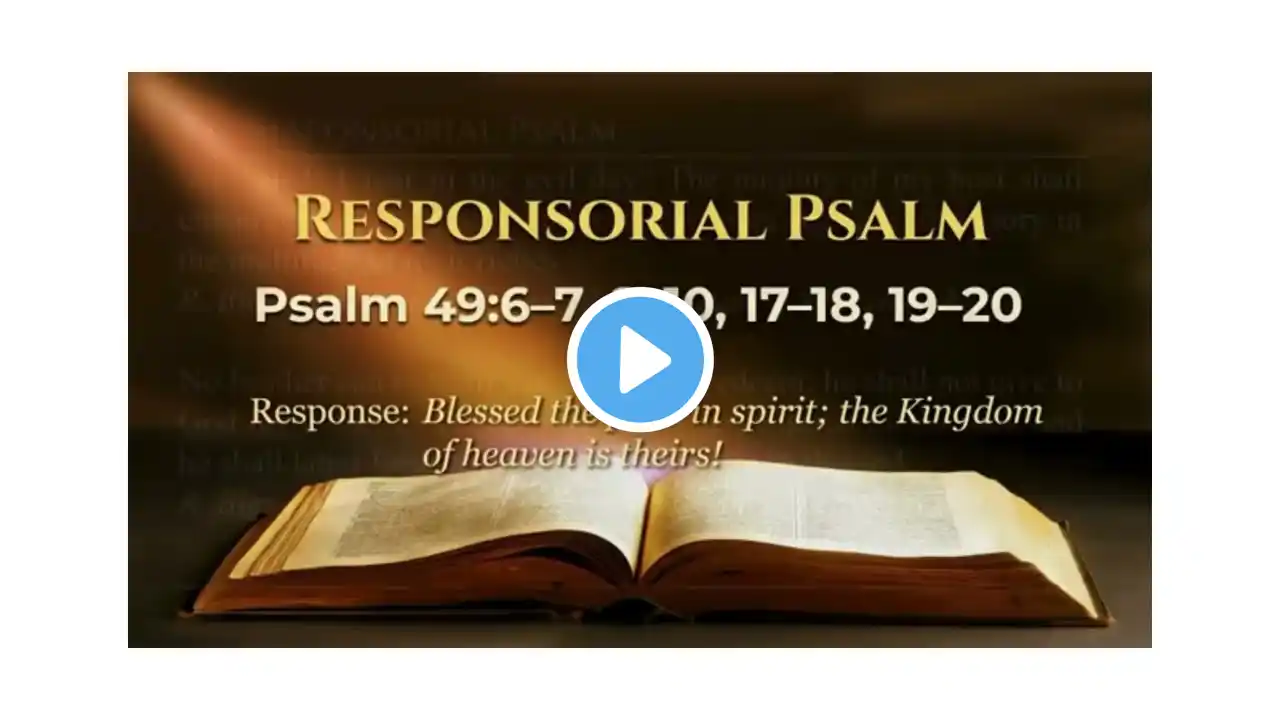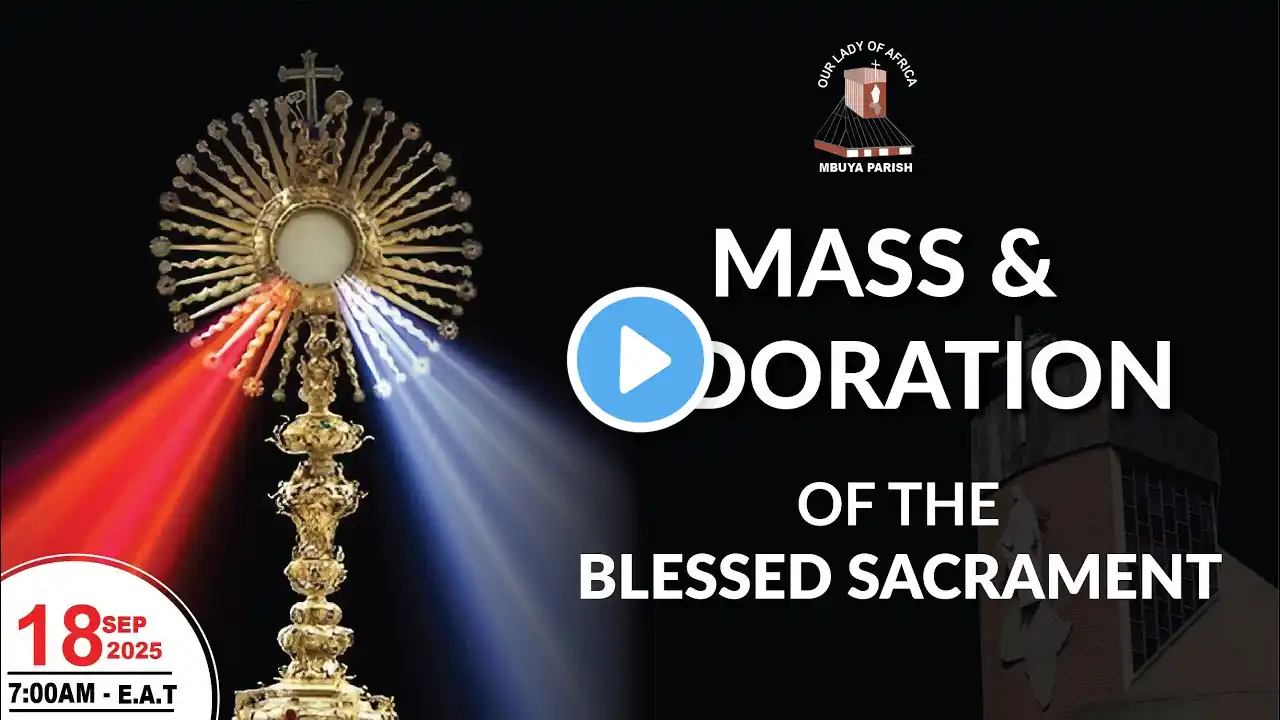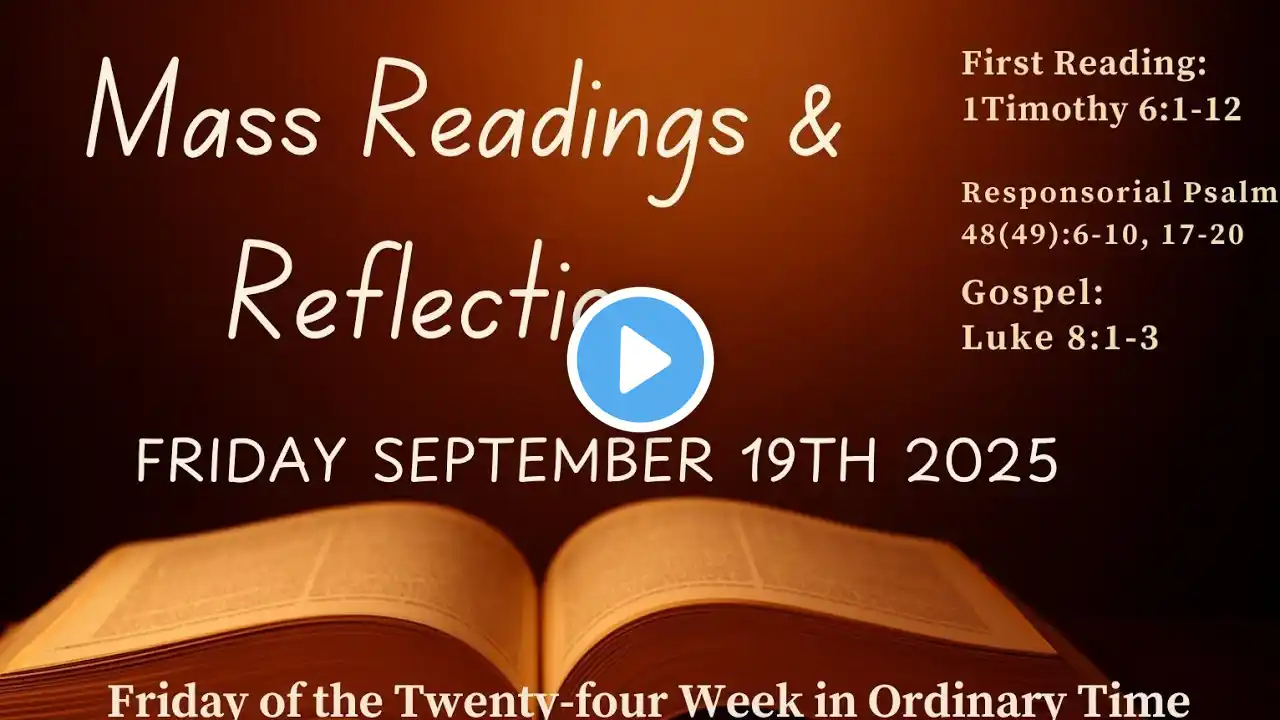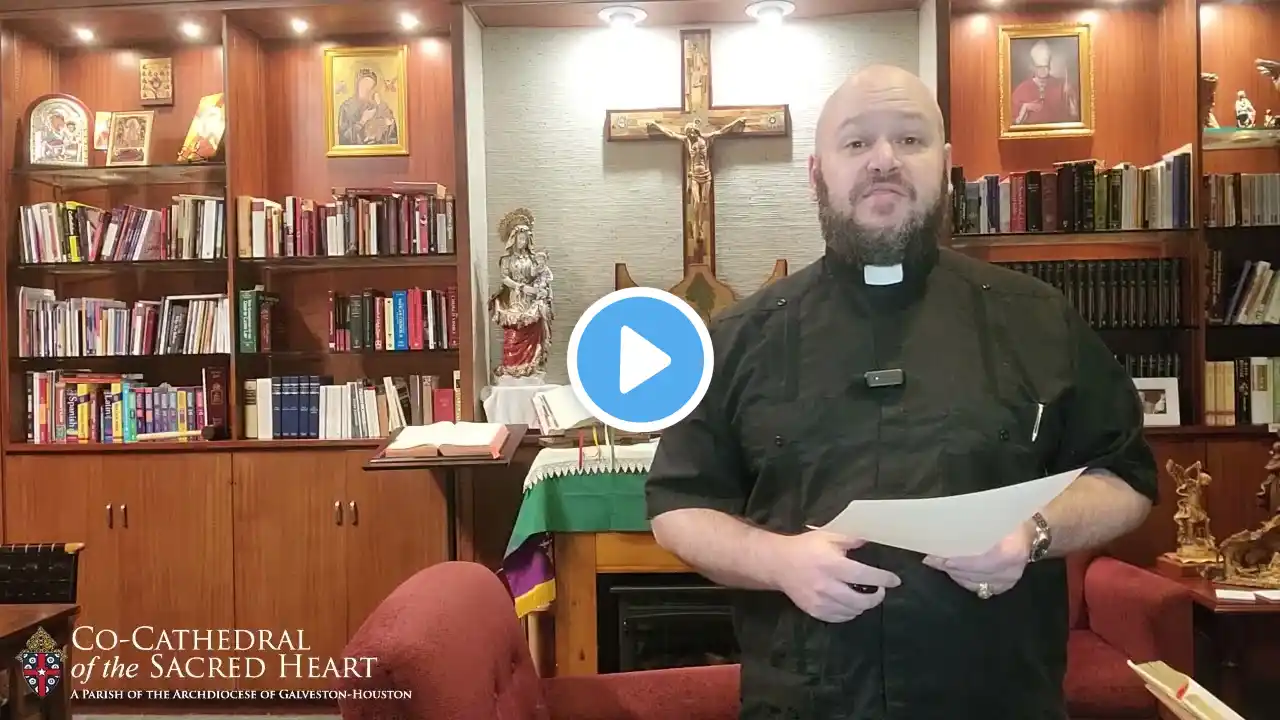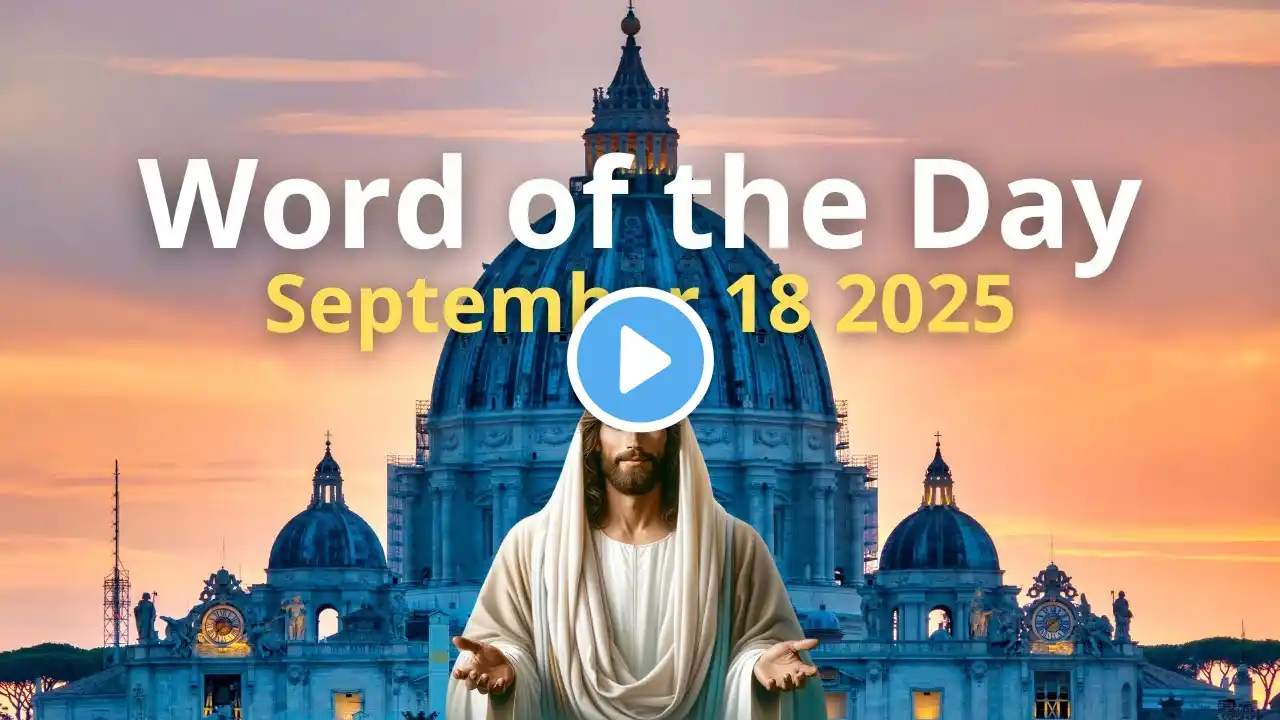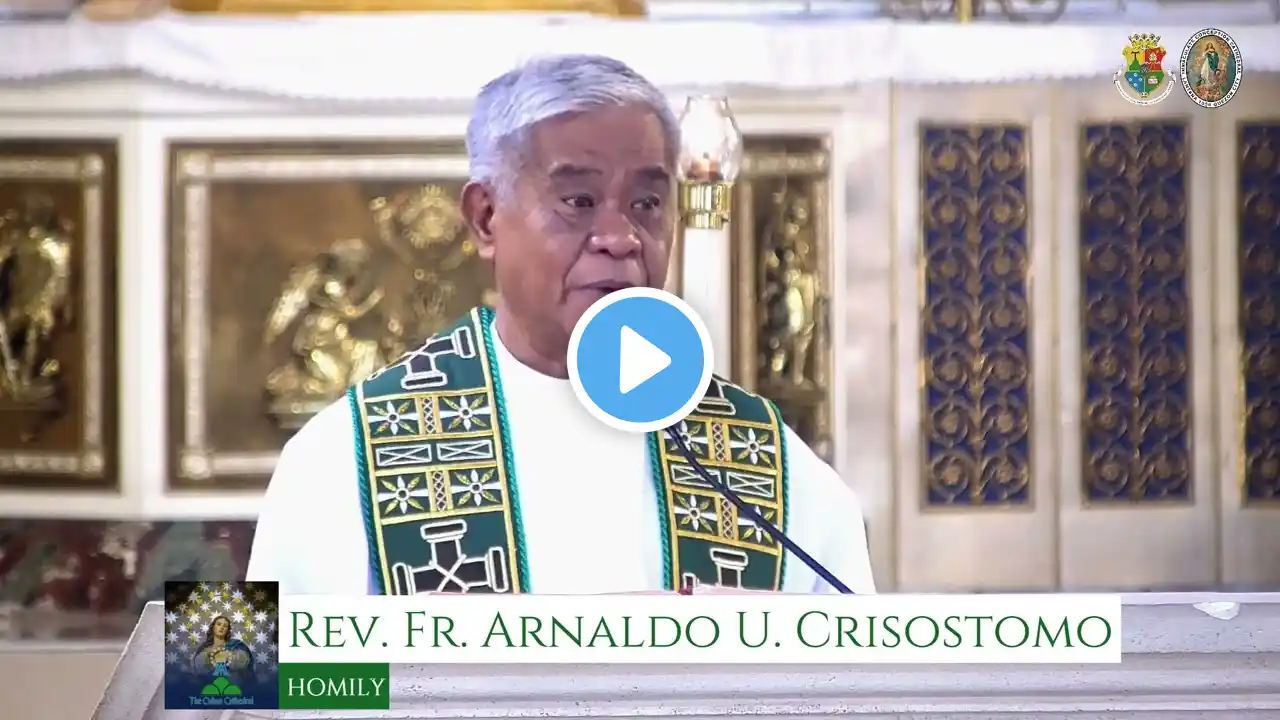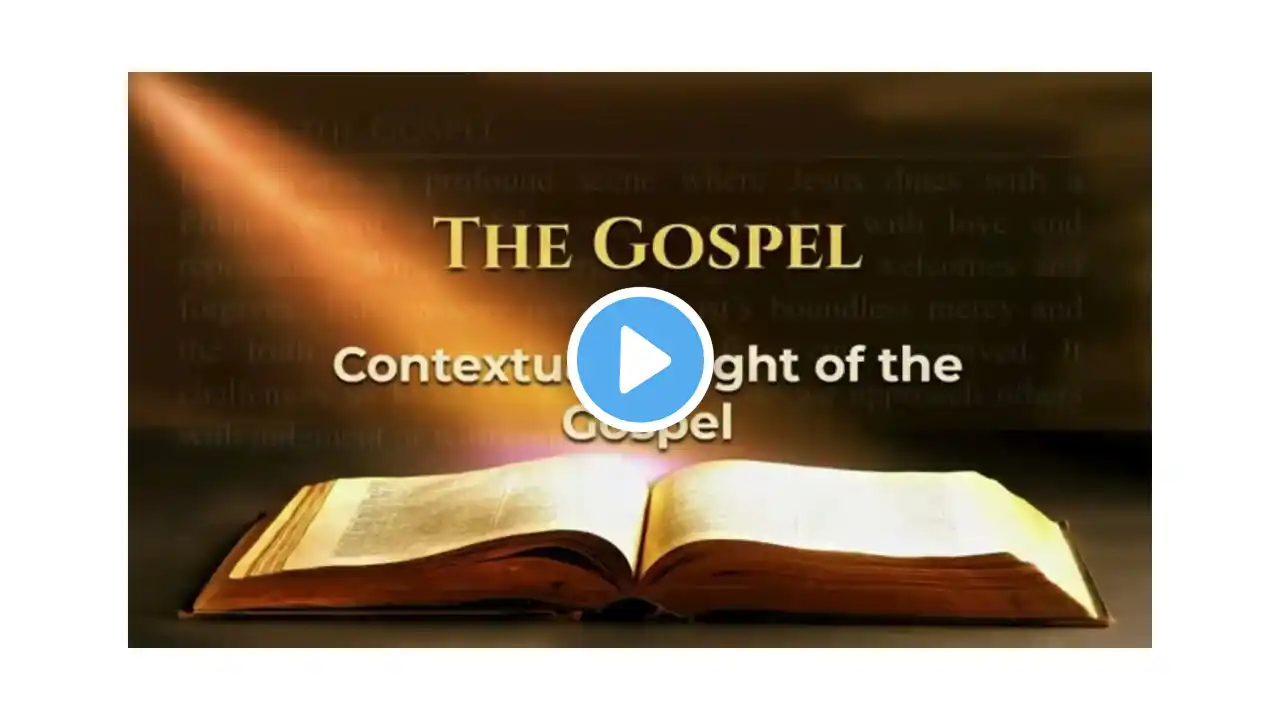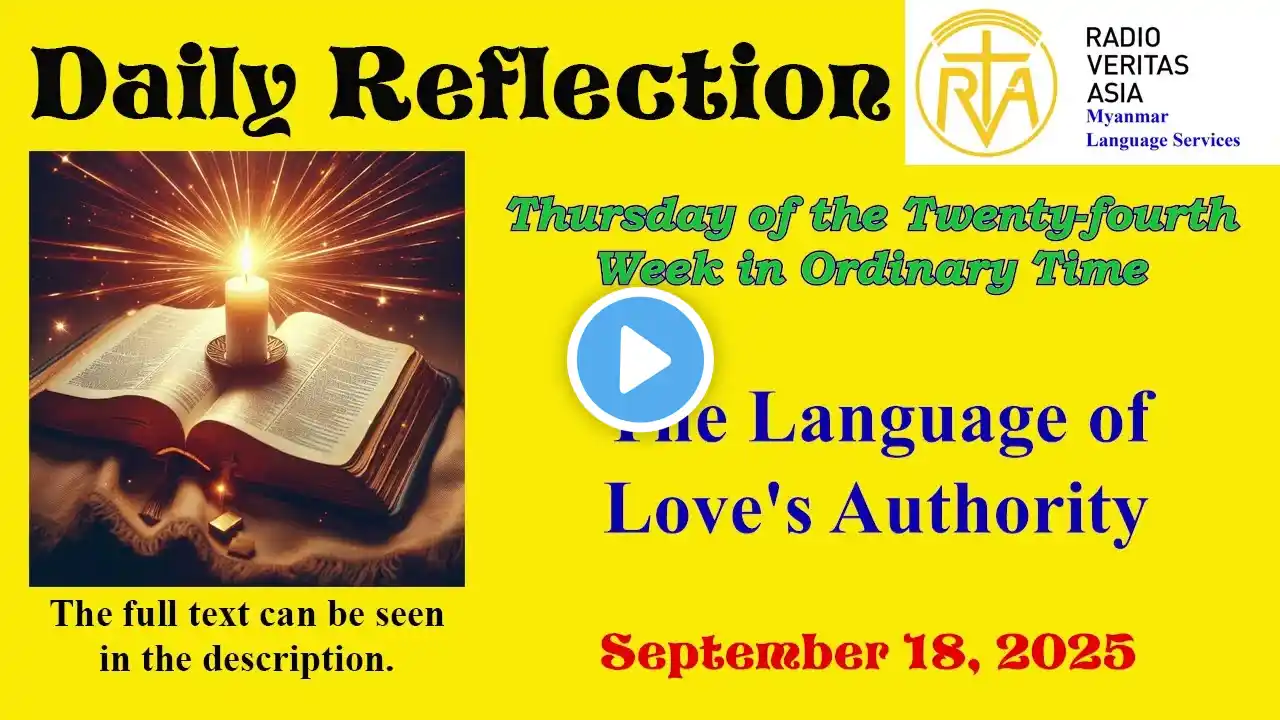
Daily Reflection September 18, 2025, Thursday of the Twenty-fourth Week in Ordinary Time
The Language of Love's Authority 1Tim 4:12-16, Psalm: 110, Lk 7:36-50 Dear Sisters and Brothers in Christ, the Word of God today presents us with a striking contrast between two kinds of authority: one that is rooted in external observance and another, far more powerful, that springs from a heart transformed by love. In his letter to Timothy, Saint Paul offers encouragement to a young leader. He senses Timothy’s hesitation, perhaps due to his youth or the gravity of his task. Paul’s advice is profound: “Let no one have contempt for your youth, but set an example for those who believe in speech, conduct, love, faith, and purity.” True authority, Paul insists, does not come from age, title, or position alone. It flows from the integrity of a life lived in conformity with Christ. It is earned through the quiet, consistent witness of virtue. Paul urges Timothy to “attend to yourself and to your teaching,” for his personal holiness is the very source of his effectiveness in saving both himself and his hearers. This blueprint for leadership is perfectly illustrated in the Gospel’s dramatic scene. At the home of the Pharisee Simon, we see two models of religiosity. Simon represents the authority of strict observance, correct doctrine, and social standing. He follows the rules, but his heart remains cold and distant. He judges both the sinful woman and even Jesus Himself. Then there is the woman. She possesses no social or religious authority. She is publicly known as a sinner, the lowest in that room. Yet, she performs acts of stunning humility and extravagant love: washing Christ’s feet with her tears, drying them with her hair, and anointing them with costly ointment. She does not speak a word, yet her actions preach a more powerful homily than any sermon. Her love is her authority. Jesus reveals the heart of the matter: “So I tell you, her many sins have been forgiven; hence, she has shown great love. But the one to whom little is forgiven, loves little.” The woman’s loving actions are not the cause of her forgiveness; they are the overwhelming response to the forgiveness she has already received in faith. She understands the core of the Gospel that Simon has missed: that we are all sinners saved by unmerited mercy, and the only proper response is a life of loving gratitude. This World is a profound comfort and a challenge. It comforts us because our past does not define us. Like the woman, we are invited to bring our brokenness to the feet of Jesus, assured that His mercy is greater than any sin. Our authority in the eyes of God is not measured by our perfection, but by the depth of our love flowing from our experience of being forgiven. The challenge is to examine our own hearts. Are we like Simon, trusting in our own righteousness and keeping a cautious distance from the Lord? Or are we like the woman, whose loving actions flow from a heart shattered by grace and pieced back together by mercy? As Saint John Paul II beautifully said, “The perfect human example of this attitude is Mary… who ‘shows us the way’ to divine truth through her fiat.” Her yes was an act of total loving trust. Let us, then, “attend to ourselves and to our teaching.” May our speech, conduct, and love become such a genuine example that we, like the forgiven woman and like Saint Timothy, become authentic witnesses to the transformative power of Christ’s mercy, drawing a thirsty world to its source. Amen. www.rvammls.org

